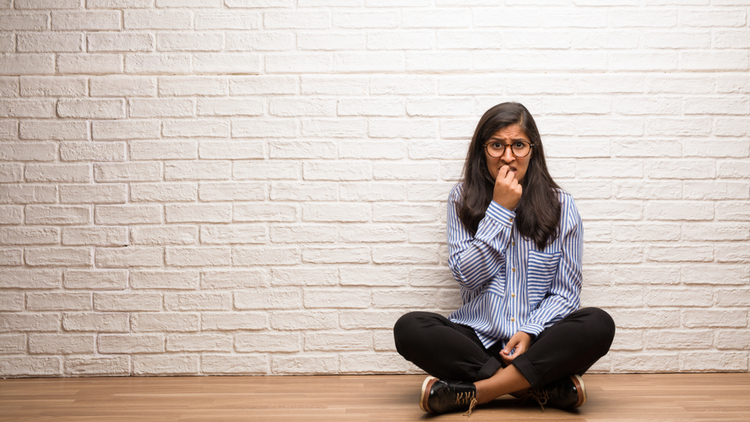Everyone gets anxious sporadically, but if anxiety is a regular part of your life, finding ways to keep it in check is important. Treatment strategies for McAllen anxiety may be a combination of talk therapy and meditation, and other times, a matter of cutting out what triggers your anxiety. If you are unsure where to start, you can discuss your options with a mental health professional; they might suggest something new you may not have considered. Below are some of the things you can do to cope with anxiety.
Talk to someone you trust
Expressing your thoughts and worries to someone you trust can help you experience relief. Having someone listen to you and showing that they care may be all you need to calm your mind.
Manage your worries
If you are dealing with anxiety, you know how difficult it is to stop worrying. You might feel like worrying feels useful or that bad things might happen when you stop. As such, you get stuck in your head, making you more anxious. Instead of worrying all day, set a specific time to focus on your worries. That way, you can reassure yourself you have not forgotten about your worries. You can also write down your thoughts in your notebook or pieces of paper; this helps combat negative or intrusive thoughts.
Identify what triggers your anxiety
Various things may cause you to be anxious, which you may identify independently or with the help of your therapist. Sometimes the anxiety triggers may be obvious, like smoking, caffeine, or drinking alcohol, but some may take some time to figure out. For example, establishing what triggers your anxiety in school, work, or family, may take some extra support through therapy or trusted friends. When you find your triggers, avoid or limit your exposure to avoid feeling anxious. Unfortunately, sometimes it might be something you can’t change, such as a stressful work environment. In such cases, using other coping techniques like deep breathing may help.
Practice mindful meditation
Mindful meditation takes practice before you can do it successfully, but with time, it helps your brain dismiss anxious, negative thoughts when they arise. It is a way of giving full attention to the present moment without focusing on your worries. If you struggle to sit still and concentrate, try meditating while walking or doing yoga. Although might mindful meditation is helpful, some people say it makes them feel worse. One of the reasons for this is that some people find that their negative thoughts get too intense, making them feel worse. If you still feel unwell despite trying mindfulness, talk to your therapist about other things you could try.
Keep a journal or diary
Writing down thoughts and emotions can help you track what causes your anxiety and how it makes you feel; this helps you spot patterns in what triggers your experiences. For some, the process of writing down worries makes them calm.
If you need help managing anxiety, visit your doctor at Nova Vita Wellness Centers.

